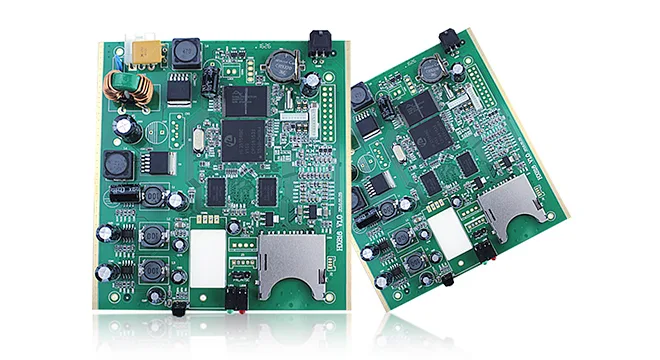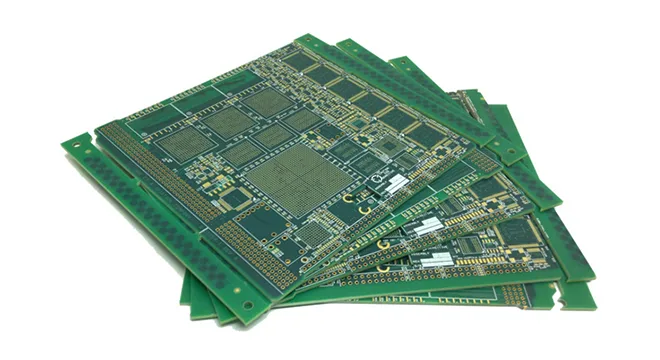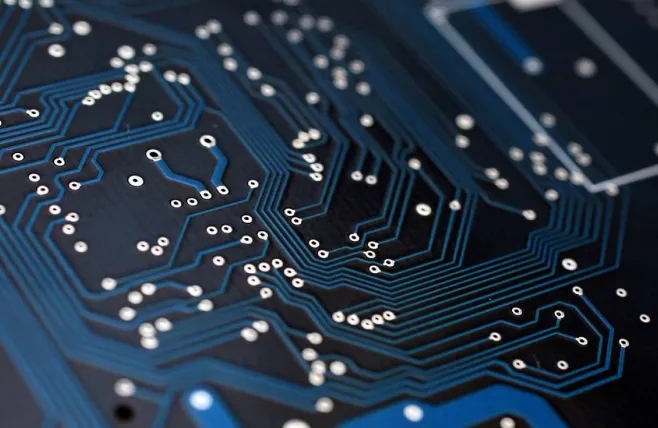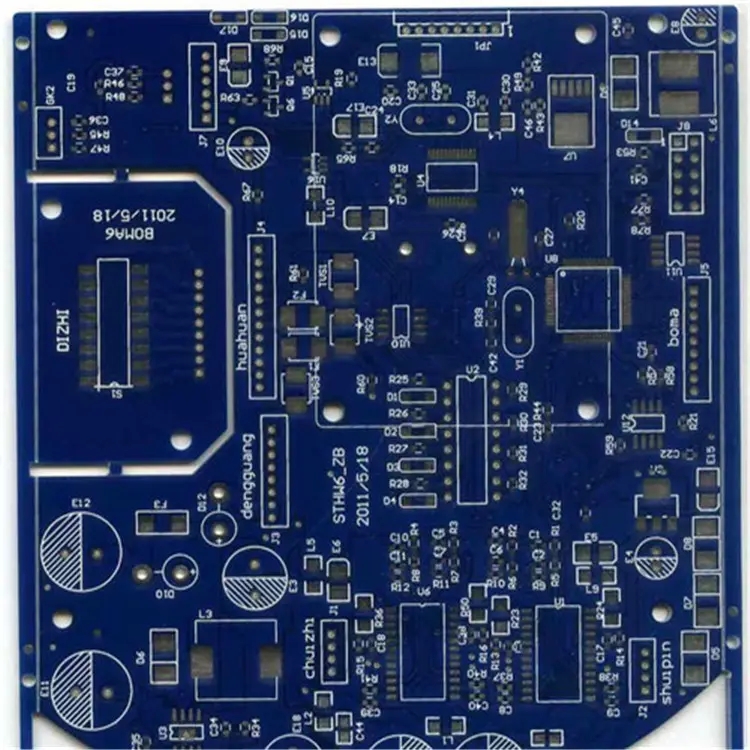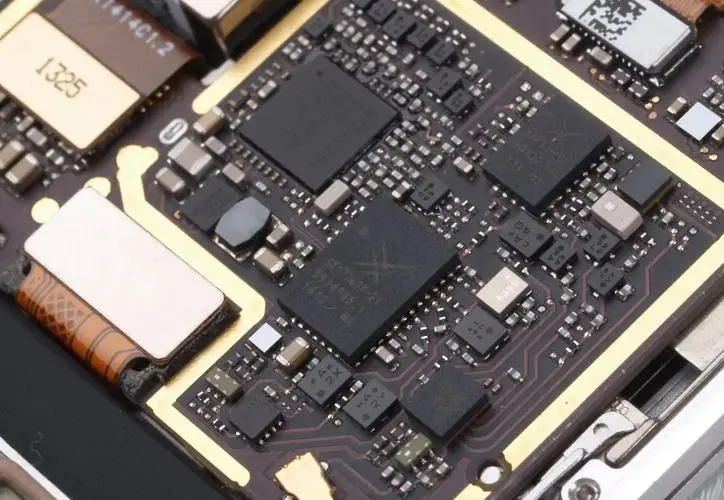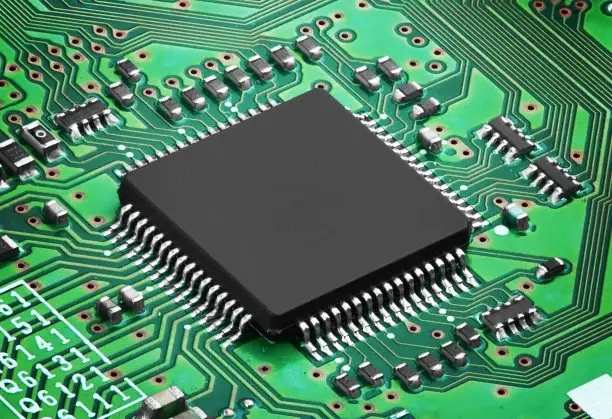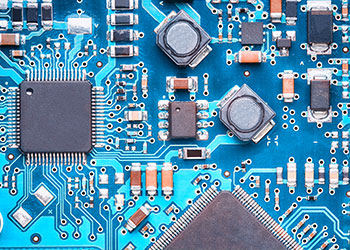
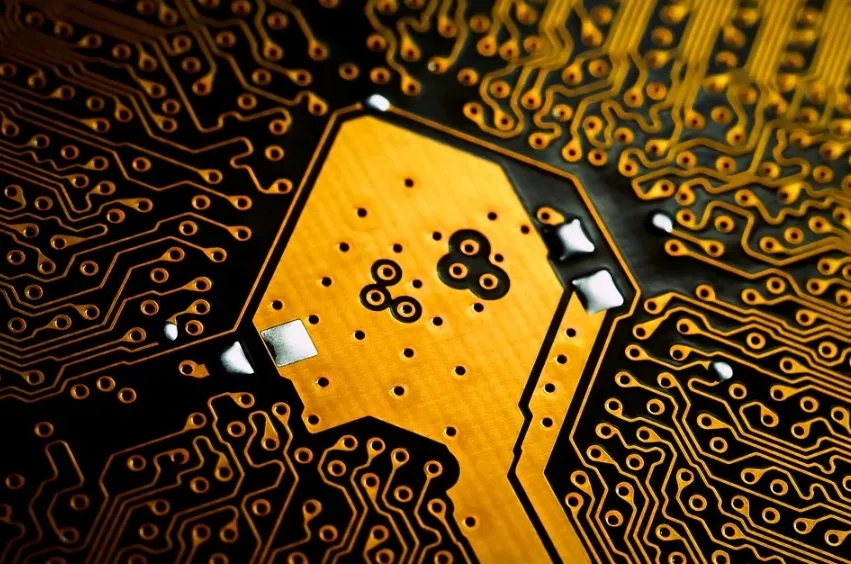
PCB Experience: Important Features of high reliability PCB
No matter what the quality and reliability of newly produced pcbs are, there is not much difference on the surface of PCBs. However, it is through the surface that experienced engineers can see the differences, and these design differences are critICal to the durability and function of PCB in its life. Whether in the production process or in actual use, it is critical that PCB should have reliable performance. In addition to cost factors, PCB defects are likely to cause defects in the final product during assembly. Product failures may occur during use. Therefore, it is no exaggeration to say that the cost of a high-quality PCB can be ignored. In the segment MARKet, especially in the product market of key application fields, the consequences of PCB failure are unimaginable.
When comparing PCB prices and determining manufacturers, the following aspects should be compared to ensure product quality. Although the cost of reliable, guaranteed and long-life products is higher than that of ordinary products, the stability and durability of products cannot be easily saved in the long run. Let's talk about the 14 most important features of high Reliability PCB:
1. 25 microns copper thickness of hole wall
Features conducive to reliability: enhance reliability, including improving expansion resistance of z-axis.
In contrast, other design defects: hole blowing or degassing, electrical connectivity problems during assembly (inner layer separation, hole wall fracture), or failure may occur under load conditions during actual use. IPCClass2 (the standard adopted by most factories) requires 20% less copper plating.
2. No welding repair or open circuit repair
Features conducive to reliability: perfect circuit can ensure reliability and safety without maintenance and risk
In contrast, other design defects: if not repaired properly, the circuit board will be broken. Even if the repair is' proper ', there is a risk of failure under load conditions (vibration, etc.), which may lead to failure in actual use.
3. Cleanliness requirements beyond IPC specifications
Features conducive to reliability: improving PCB cleanliness can improve reliability.

Compared with this, other design defects: the residue and solder accumulation on the circuit board will bring risks to the solder mask, and the ionic residue will lead to corrosion and pollution risks on the welding surface, which may lead to reliability problems (poor solder joints/electrical failures), and ultimately increase the probability of actual failures.
4. Strictly control the service life of each surface treatment
Features conducive to reliability: solderability, reliability, and reducing the risk of moisture intrusion
In contrast, other design defects: due to metallographic changes in the surface treatment of old circuit boards, soldering problems may occur, while moisture intrusion may lead to delamination, separation of inner layers and hole walls (open circuit) and other problems during assembly and/or actual use.
5. Use internationally known base materials – do not use "local" or unknown brands
Features conducive to reliability: improve reliability and known performance
In contrast, other design defects: poor mechanical performance means that the circuit board cannot perform as expected under assembly conditions. For example, high expansion performance will lead to delamination, open circuit and warping problems. The weakening of electrical characteristics can lead to poor impedance performance.
6. The tolerance of copper clad plate shall meet the requirements of IPC4101ClassB/L
Features conducive to reliability: strict control of the thickness of the dielectric layer can reduce the deviation of the expected value of electrical performance.
Compared with this, other design defects: the electrical performance may not meet the specified requirements, and the same batch of components may have large differences in output/performance.
7. Define welding resistance materials to ensure compliance with IPC-SM-840ClassT requirements
Features conducive to reliability: "excellent" ink to achieve ink safety and ensure that solder mask ink meets UL standards.
In contrast, other design defects: poor quality ink can lead to adhesion, flux resistance and hardness problems. All these problems will lead to the separation of the solder mask from the circuit board and eventually lead to corrosion of the copper circuit. Poor insulation characteristics can cause short circuits due to unexpected electrical continuity/arcing.
8. Tolerances defining profiles, holes and other mechanical features
Features conducive to reliability: strict tolerance control can improve the dimensional quality of products – improve fit, shape and function
In contrast, other design defects: problems in the assembly process, such as alignment/fit (the problem of the press fit pin can only be found when the assembly is completed). In addition, due to the increase of size deviation, there will be problems in mounting the base.
9. For the thickness requirements of solder mask, although IPC has no relevant provisions
Features conducive to reliability: improve electrical insulation characteristics, reduce the risk of peeling or loss of adhesion, and strengthen the ability to resist mechanical impact – no matter where the mechanical impact occurs!
In contrast, other design defects: thin solder mask can lead to adhesion, flux resistance and hardness problems. All these problems will lead to the separation of the solder mask from the circuit board and eventually lead to corrosion of the copper circuit. Poor insulation characteristics due to thin solder mask can cause short circuit due to accidental conduction/arc.
10. Appearance requirements and repair requirements are defined, although not defined by IPC
Features conducive to reliability: Careful care and careful casting of safety in the manufacturing process.
In contrast, other design defects: multiple scratches, minor damages, repair and repair – the circuit board can be used but does not look good. In addition to the problems that can be seen on the surface, what are the risks that cannot be seen, the impact on the assembly, and the risks in actual use?
11. Requirements for plug hole depth
Features conducive to reliability: high-quality plug holes will reduce the risk of failure during assembly.
In contrast, other design defects: chEMIcal residues in the gold deposition process can be left in the hole with insufficient plug hole, resulting in problems such as weldability. In addition, there may be tin beads hidden in the hole, which may splash out during assembly or actual use, causing short circuit.
12. Specify the brand and model of peelable blue glue
Features conducive to reliability: the designation of peelable blue glue can avoid the use of "local" or cheap brands.
In contrast, other design defects: inferior or cheap strippable adhesive may bubble, melt, crack or solidify like concrete during assembly, so that the strippable adhesive cannot be peeLED off/does not work.
13. Perform specific approval and order placement procedures for each purchase order
Features conducive to reliability: the implementation of this procedure can ensure that all specifications have been confirmed.
In contrast, other design defects: if the product specification is not carefully confirmed, the deviation may not be found until the assembly or final product, and it is too late.
14. Sheathing with scrap unit is not acceptable
Features conducive to reliability: no partial assembly can help customers improve efficiency.
In contrast, other design defects: the defective sheathed board requires special assembly procedures. If the scrapped unit board (x-out) is not clearly marked or it is not isolated from the sheathed board, it is possible to assemble this known bad board, thereby wasting parts and time.
PCB manufacturers, PCB designers and PCBA manufacturers will explain their PCB experience: the important features of high reliability PCBs.
然后
聯(lián)系
電話熱線
13410863085Q Q

微信

- 郵箱

